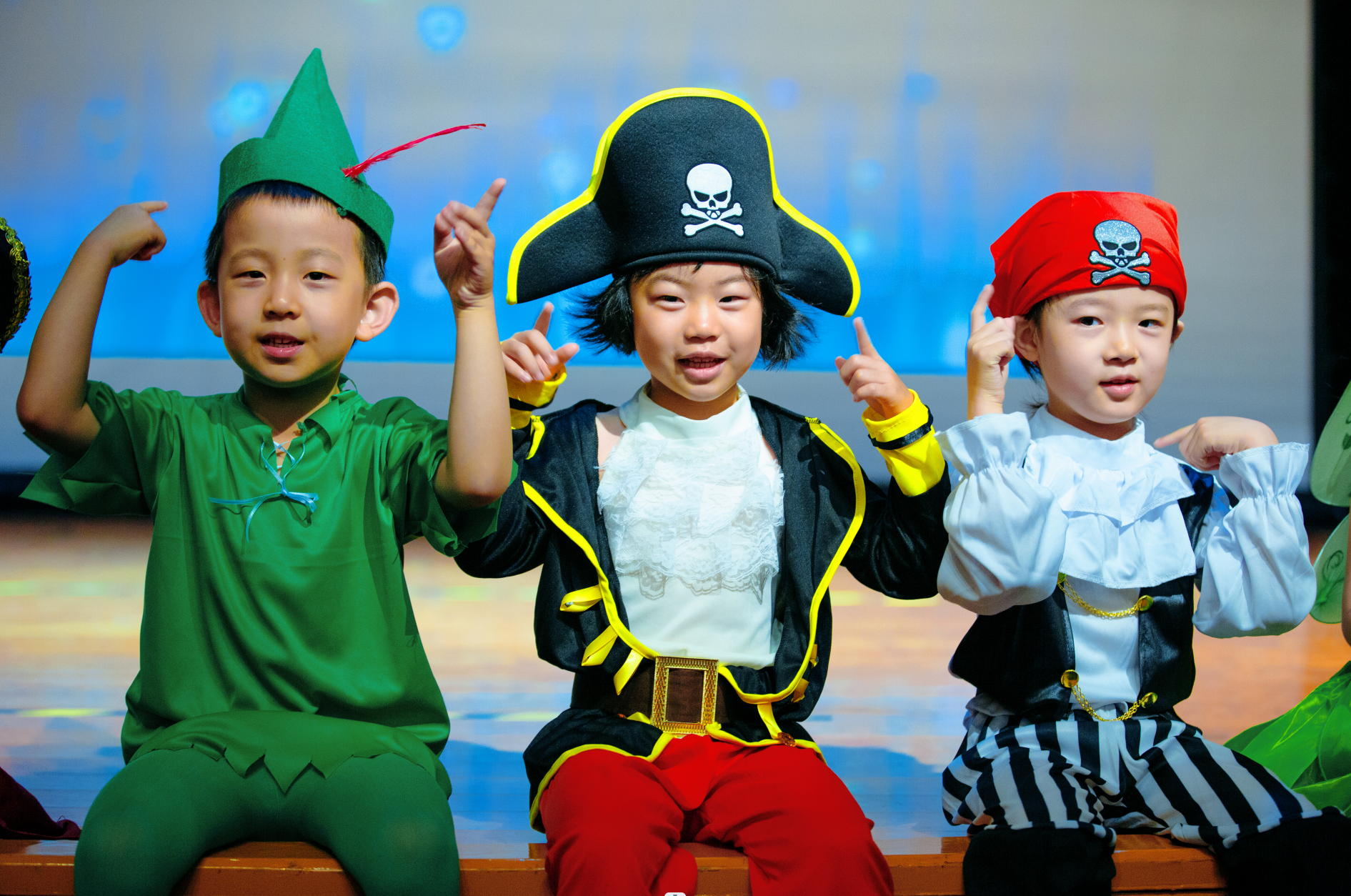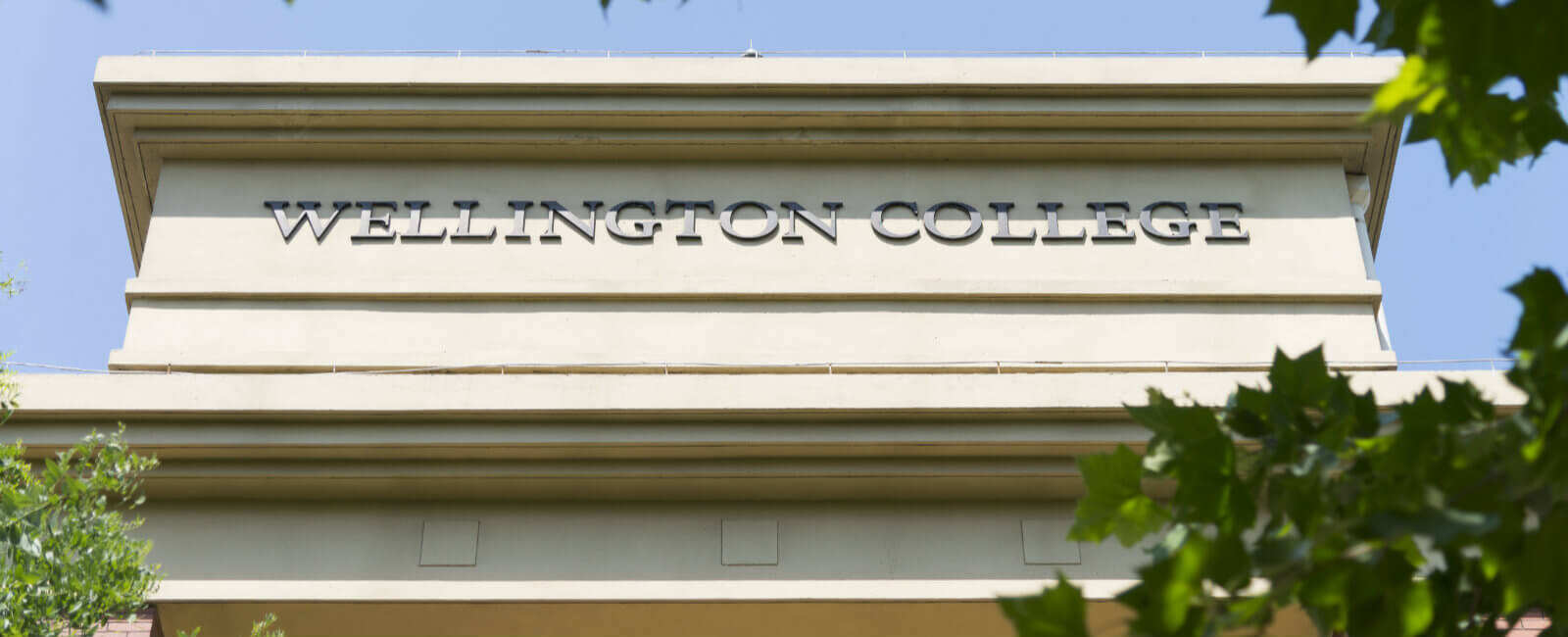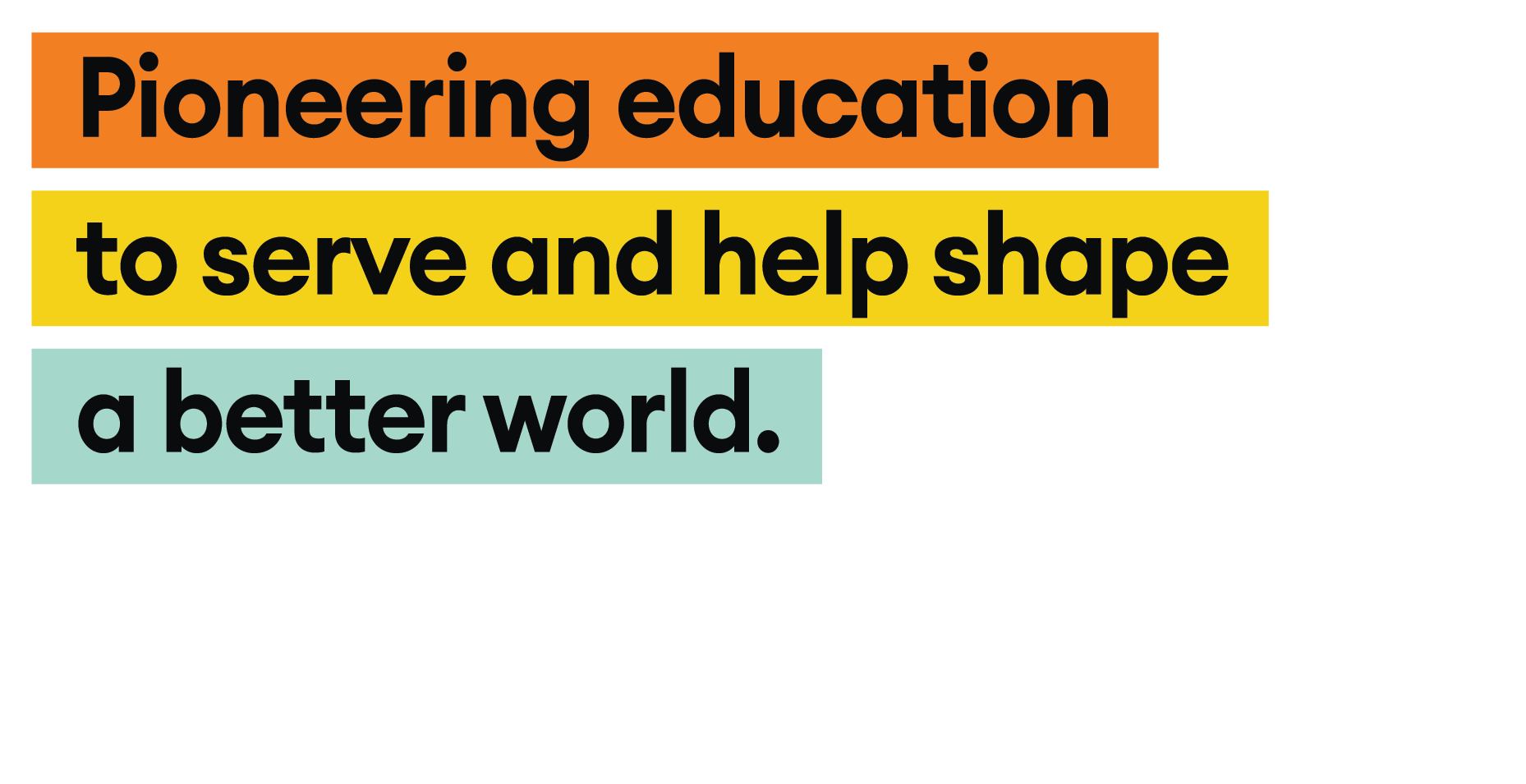Friendship Week丨The only way to have a friend is to be one
18 Nov 2019

Dionne Zantua The Head of Early Years
‘The only way to have a friend is to be one’
– Ralph Waldo Emerson
An alarming rate of children who are experiencing difficulty in school or are being referred for behavioural problems are those who have no friends or labelled as ‘loners’. In contrast, there have been numerous studies which support that children who have friends are most likely to achieve higher academic levels in school, have higher self-esteem, are happier in school, exhibit few behaviour problems and have a better attendance record. The positive effects of friendship in children is one that cannot be ignored and should be fostered.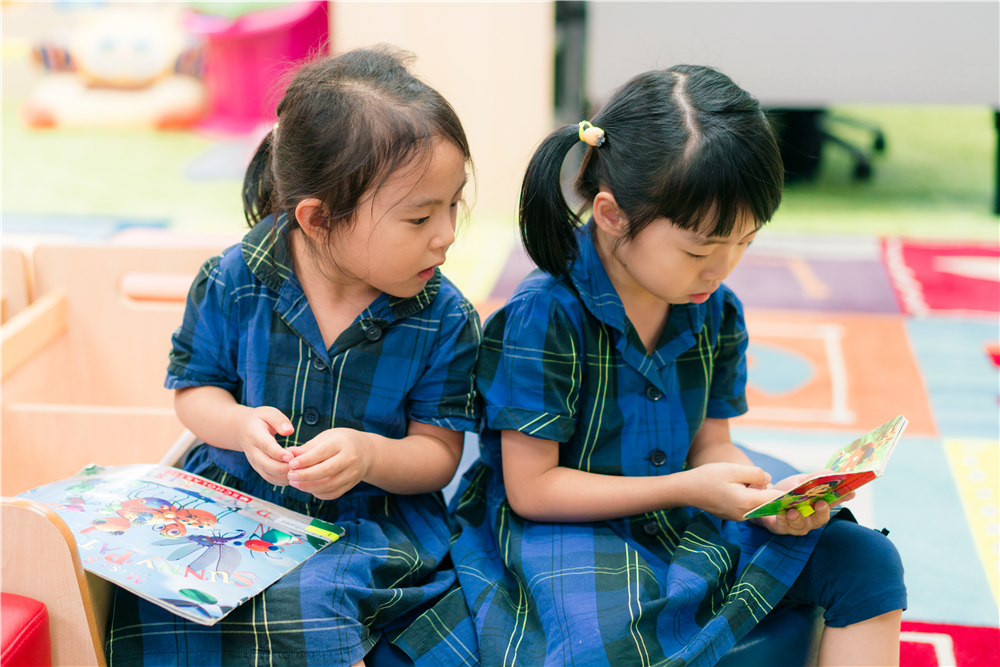 The Nest recently concluded our Friendship Week with the goal of promoting awareness on the importance of developing connections and interactions early on in life. One of the main purposes of attending school, apart from acquiring knowledge, is the development of social connections and interactions. Such connections are easier for young children to understand when we use the term ‘friends’ and for them, it is simply a peer or peers who they like to spend time with or share the same interests.
The Nest recently concluded our Friendship Week with the goal of promoting awareness on the importance of developing connections and interactions early on in life. One of the main purposes of attending school, apart from acquiring knowledge, is the development of social connections and interactions. Such connections are easier for young children to understand when we use the term ‘friends’ and for them, it is simply a peer or peers who they like to spend time with or share the same interests.
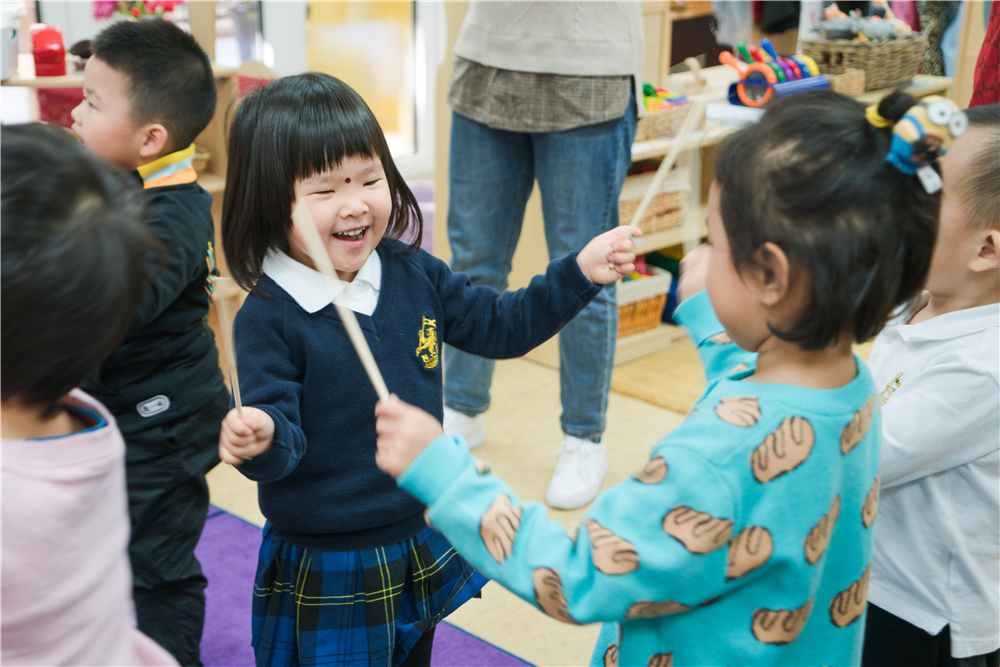 For our Friendship week, much of our time was spent learning about the characteristics of a good friend. As famously quoted by Ralph Waldo Emerson, ‘The only way to have a friend is to be one’, we learnt that a precursor to having a friend is to become like one and as parents, we can also reinforce this at home through:
For our Friendship week, much of our time was spent learning about the characteristics of a good friend. As famously quoted by Ralph Waldo Emerson, ‘The only way to have a friend is to be one’, we learnt that a precursor to having a friend is to become like one and as parents, we can also reinforce this at home through:
- Fostering positive social skills through interactions. Children learn the rules of communication such as turn-taking when having conversations as well as being sensitive and understanding each other’s point of view. Give plenty of opportunities for play so that sharing, taking someone else’s feelings into account and listening to each other can take place.
- Becoming a model of how friendships should be by demonstrating it to your child and letting them see how you behave with your own friends.
- Seeking out activities with other children with similar interests, such as through an after- school activity in sports, arts, language or drama. Remember that it is easier for children to connect and develop friendships based on similar and shared interests.
- Encouraging them to find new interests and hobbies as this will widen their pool of friendships as well as getting children out of their ‘comfort zones’.
- Giving them tools to start conversations such as icebreakers or role-play scenarios. This works well with children who may be feeling anxious or cautious as having a strategy in mind can help them feel more confident on how to approach a peer.
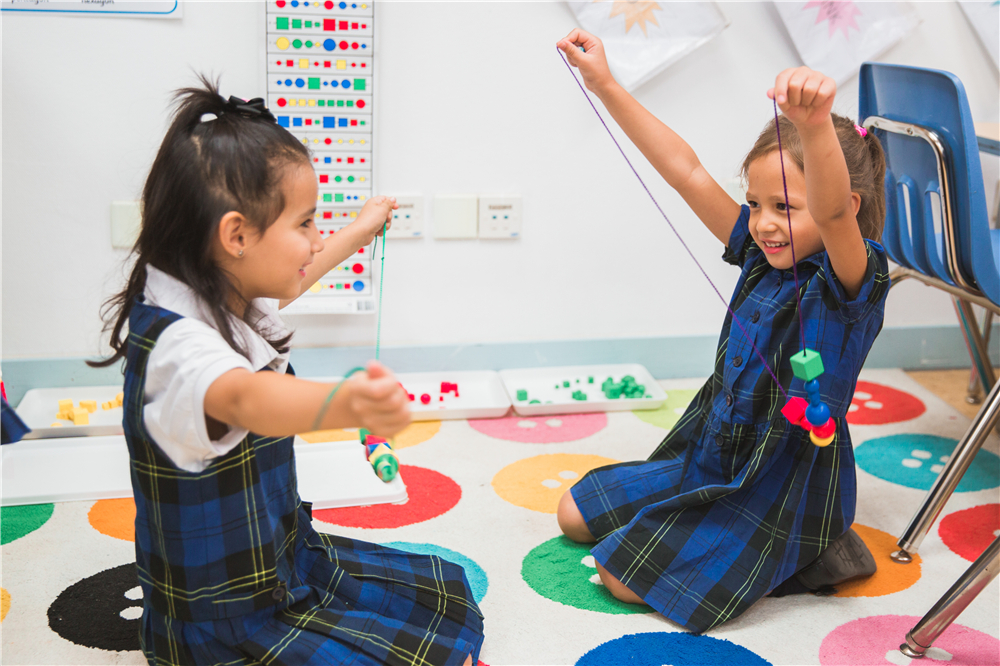 As educators, we are not only purveyors of knowledge but we want to ensure that each child develops healthy relationships with their peers which includes a set of friends they regularly interact with. With this in mind, may I also remind parents that children must learn to navigate relationships on their own including conflicts. Conflict resolution is an important skill to learn and will impact children’s well-being and self-esteem in the long term. By learning these problem-solving skills, whilst they are young, will help set them to a happier and successful life ahead.
As educators, we are not only purveyors of knowledge but we want to ensure that each child develops healthy relationships with their peers which includes a set of friends they regularly interact with. With this in mind, may I also remind parents that children must learn to navigate relationships on their own including conflicts. Conflict resolution is an important skill to learn and will impact children’s well-being and self-esteem in the long term. By learning these problem-solving skills, whilst they are young, will help set them to a happier and successful life ahead.
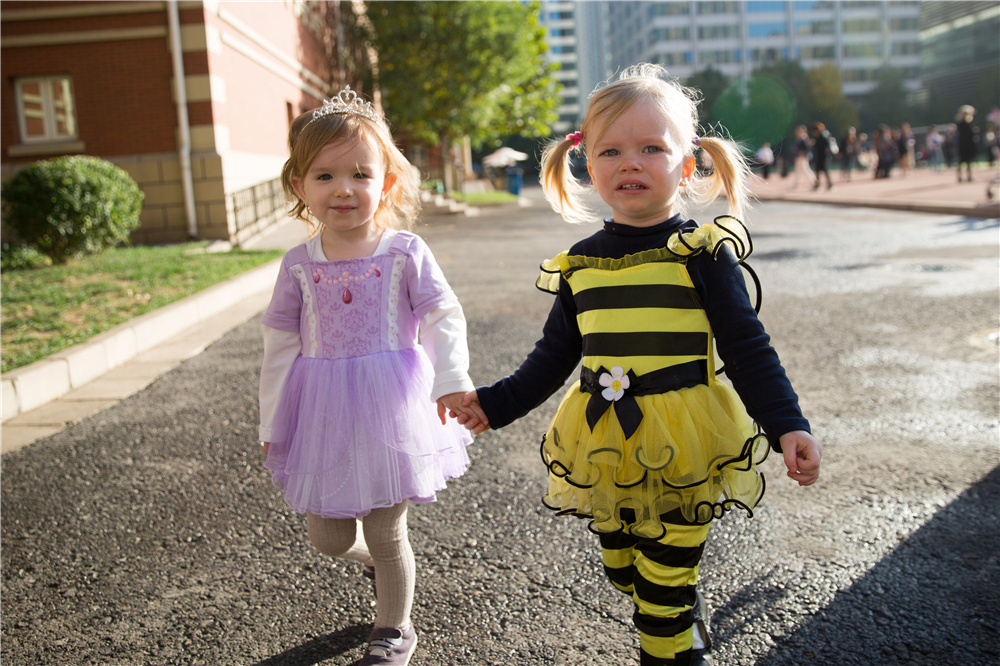 By instilling the value of friendship and the many joys it brings to our lives, we hope to foster an environment where Friendship Week happens not just for one week but every day of the week.
By instilling the value of friendship and the many joys it brings to our lives, we hope to foster an environment where Friendship Week happens not just for one week but every day of the week.
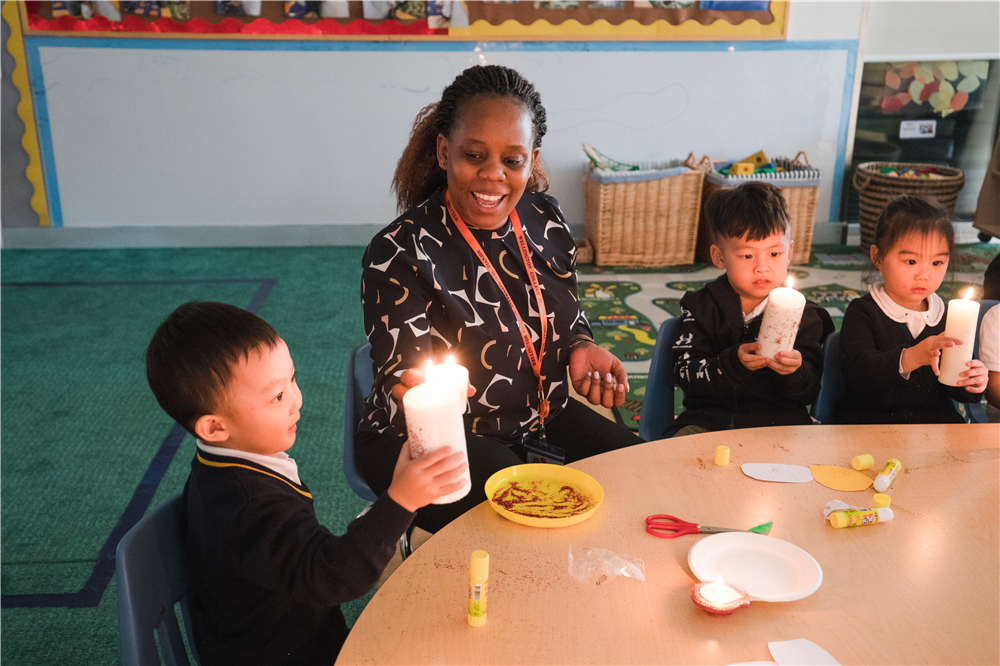 Would you like to learn more about Wellington College Bilingual Tianjin Nursery?
Registration is now open for local and international families who would like to know more about our unique approach to teaching and learning, our bilingual programme and English support courses. You can arrange a visit by scanning the QR code below. Our admissions team is available to host individual campus tours and to help you to discover what makes Wellington College special.
Would you like to learn more about Wellington College Bilingual Tianjin Nursery?
Registration is now open for local and international families who would like to know more about our unique approach to teaching and learning, our bilingual programme and English support courses. You can arrange a visit by scanning the QR code below. Our admissions team is available to host individual campus tours and to help you to discover what makes Wellington College special.

Scan the QR code to submit an enquiry
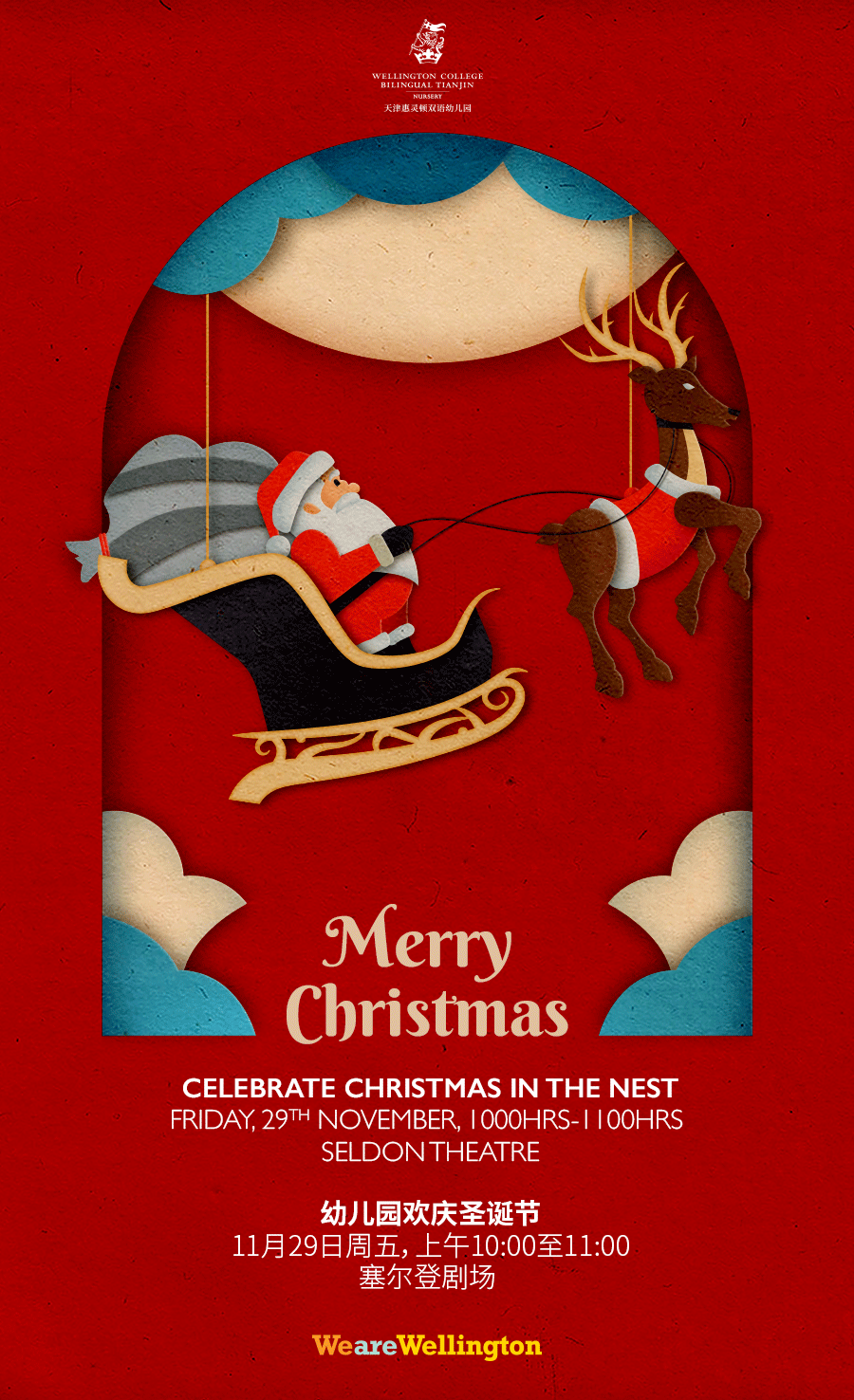
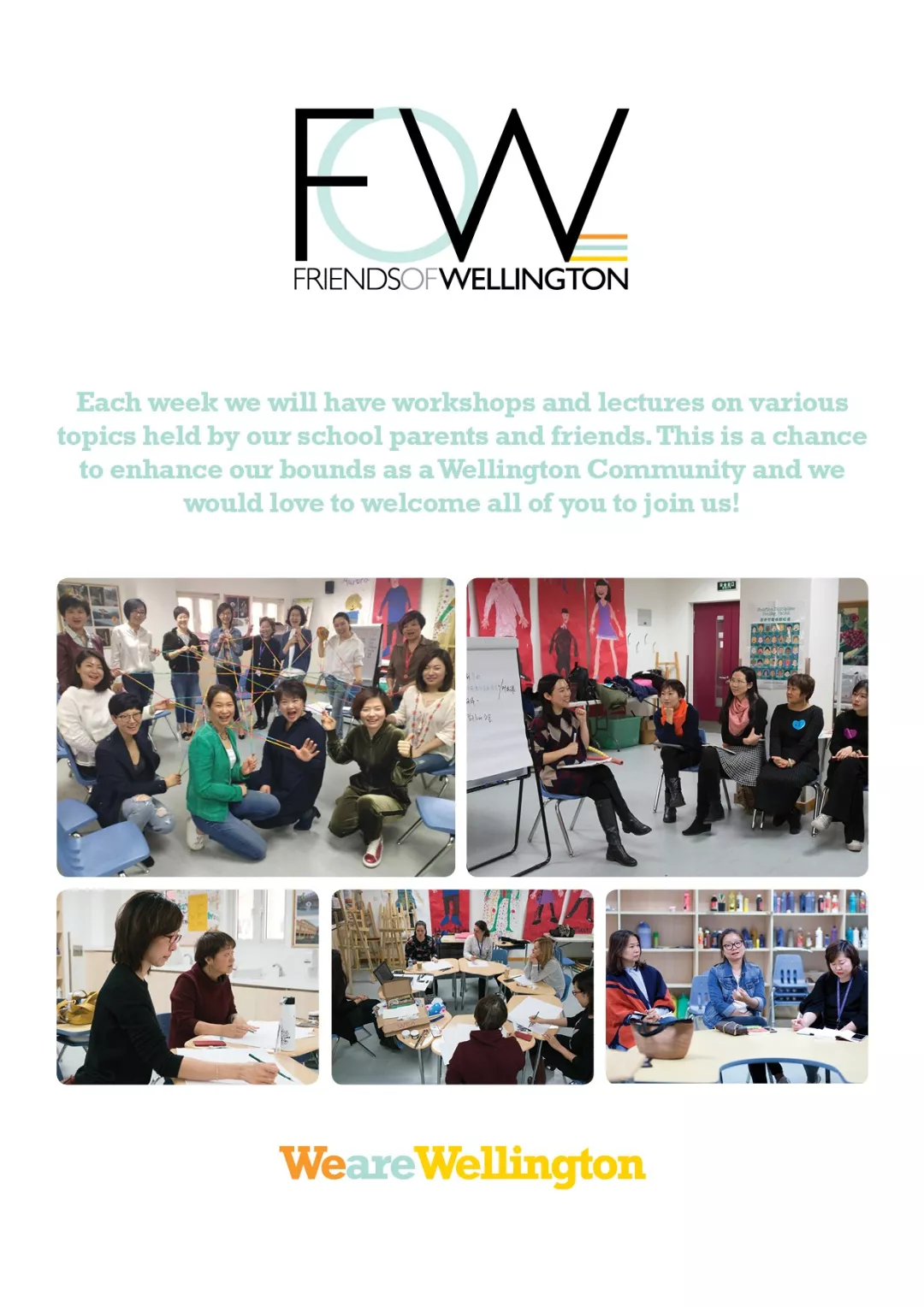 French
Every Monday
8:45-10:00
MB125
Mrs Audrey Barthelemy
audrey.barthelemy18@gmail.com
Art
Every Friday
8:30-11:00
MB125
Mrs Markovic
ksenija.jakic@wellingtoncollege.cn
Mandarin
Every Tuesday
10:15-11:15
MB125
Mrs Yuan and Mrs Zhang
yizhang001@foxmail.com
EAL (Beginner level)
Every Tuesday of Week A
8:30-9:30
MB125
Mr Furse
David.Furse@wellingtoncollege.cn
EAL (Advanced level)
Every Thursday of Week B
8:30-9:30
MB125
Mr Furse
David.Furse@wellingtoncollege.cn
Pilates
Every Tuesday
8:45-10:00
Black Box
Mrs Stofkova
dstofkova@yahoo.com
How to use Chinese daily life Apps
Every Tuesday
13:00-14:00
MB113
Mrs Kim
donghong0904@naver.com
Pilates
Every Friday
8:45-10:00
Black Box
Mrs Stofkova
dstofkova@yahoo.com
Yoga
Every Wednesday
8:45-10:00
Black Box
Mrs Havlíková
havlikann@gmail.com
Yoga
Every Thursday
10:45-12:00
Black Box
Mrs Havlíková
havlikann@gmail.com
Traditional Chinese Medicine
Every Thursday
9:00-10:30
MB113
Mrs Markovic
ksenija.jakic@gmail.com
Notice: Any changes of time/date/venue please follow the notice according to the course organiser.
French
Every Monday
8:45-10:00
MB125
Mrs Audrey Barthelemy
audrey.barthelemy18@gmail.com
Art
Every Friday
8:30-11:00
MB125
Mrs Markovic
ksenija.jakic@wellingtoncollege.cn
Mandarin
Every Tuesday
10:15-11:15
MB125
Mrs Yuan and Mrs Zhang
yizhang001@foxmail.com
EAL (Beginner level)
Every Tuesday of Week A
8:30-9:30
MB125
Mr Furse
David.Furse@wellingtoncollege.cn
EAL (Advanced level)
Every Thursday of Week B
8:30-9:30
MB125
Mr Furse
David.Furse@wellingtoncollege.cn
Pilates
Every Tuesday
8:45-10:00
Black Box
Mrs Stofkova
dstofkova@yahoo.com
How to use Chinese daily life Apps
Every Tuesday
13:00-14:00
MB113
Mrs Kim
donghong0904@naver.com
Pilates
Every Friday
8:45-10:00
Black Box
Mrs Stofkova
dstofkova@yahoo.com
Yoga
Every Wednesday
8:45-10:00
Black Box
Mrs Havlíková
havlikann@gmail.com
Yoga
Every Thursday
10:45-12:00
Black Box
Mrs Havlíková
havlikann@gmail.com
Traditional Chinese Medicine
Every Thursday
9:00-10:30
MB113
Mrs Markovic
ksenija.jakic@gmail.com
Notice: Any changes of time/date/venue please follow the notice according to the course organiser.

Related Articles

Growth Mindset28 Feb 2020
From the Master 来自校长 Dear parents I have written a good deal about the importance of fostering a strong spirit of resilience in our pupils here at Wellington. During more normal times, my purpose is
Read More

How To Cope With Transition28 Jun 2019
Starting a new academic year can become a challenging time for many children and their families but with the support and encouragement of a caring adult and a positive and predictable learning enviro
Read More
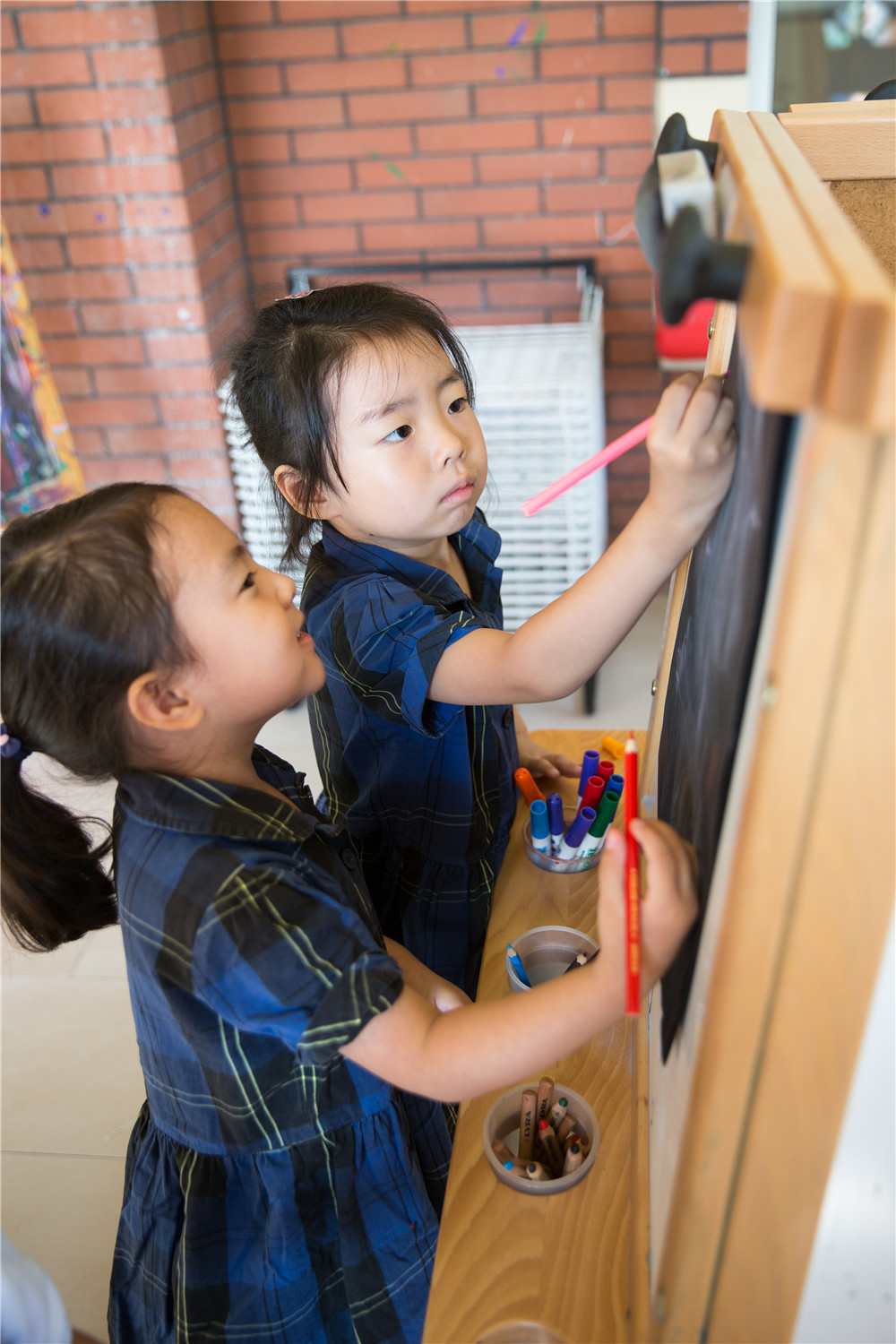
Inquiry based learning through play in the Early Years22 Oct 2019
Inquiry and play based learning are essential in developing the cognitive, physical, social, and emotional well-being of children in the early learning years and is important to healthy brain developm
Read More





 Channel
Channel 
 Linkedin
Linkedin  Weibo
Weibo  Facebook
Facebook  Ins
Ins 

